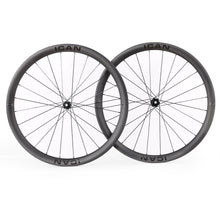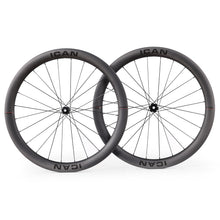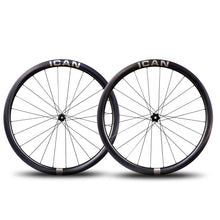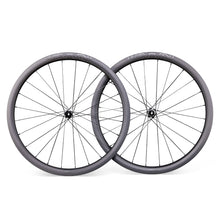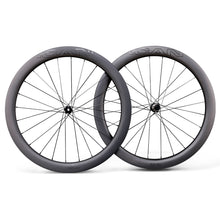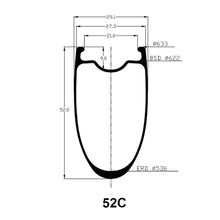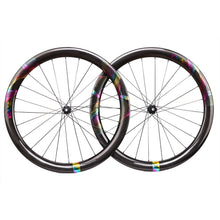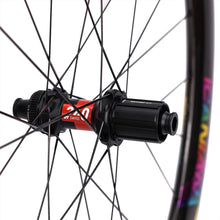News
When Should I Ride a Rigid Over a Suspension Fork on my Mountain Bike?
We’re going to make a presumption right at the start here, and that is that you are talking about a hardtail mountain bike frame. A full suspension frame is not really going to work with a rigid fork unless we take a trip back to the 90s and all buy a URT full sus frame. When though should I ride a rigid fork on a mountain bike?
A cheap fork
If you’ve just started mountain biking and bought an entry level mountain bike it more than likely comes with a coil sprung suspension fork. Many of these forks won’t work, no matter how much you try and make them work. Many of the dials, if they have any, won’t do anything.
What you effectively have is a heavy part that doesn’t suit your requirements. You’ll have a fork that moves when you don’t need it to and then doesn’t work when you need it. Your hands and wrists will be taking a bettering and you’ll be better off changing your fork.
If you’re feeling flush, you can go and buy a better aftermarket suspension fork. If you aren’t feeling flush looking at a good rigid fork could be the answer. A carbon one will save you around 2kg of weight compared to many entry-level coil forks and still provide a bit of cushioning from trail chatter.
Carbon fiber fork

The carbon fork will make climbing a lot easier. You’ll have less weight to carry up the hill, and you’ll also not have a fork that keeps bobbing. Pedal bob is something that mountain bikers are always trying to avoid. It is basically when you put force down to pedal your suspension will dive and then come back up.
Pedal bob is a waste of your energy, and it can get to be pretty mentally sapping as well. A rigid fork will never suffer from pedal bob, which might be one of the myriads of reasons you’ll see for 24hr racers to run them instead of suspension forks.
XC racing
If you have a budget and you’re racing XC, a good lightweight bike becomes a lot more affordable if you don’t have to buy a super lightweight suspension fork. A Rock Shox SID WC will cost around $1000 for a 1.5kg fork, but a good carbon fiber fork will cost under $200 and weigh under half the weight of a SID.
Run your tires tubeless and you might just have enough suspension to get away with, and you’ve saved yourself a load of money. You’ll then be able to afford race entries, and if you don’t do as well as, expected, you can always blame your forks.
What do you ride?
If you’re riding BC style backcountry, you more than likely want a suspension fork, flowing trails and the deserted desert of Arizona, and a rigid fork again might be more your thing. On less adventurous terrain a rigid fork will come into its own and make you feel like your riding a big BMX, probably because you’re basically riding a big BMX, especially if you’ve gone single speed with it.
It’ll save you a load on maintenance. You’ll also not have that sinking feeling of when you’ve sent your fork away, and suddenly the weather has become perfect riding weather, and all your mates are out enjoying the sun.
Sure, you might not like a rigid fork, but why not give one a try and see how you get on. At the worst, you should be able to recoup a lot of your money by selling it second hand, and at the worst, you might have discovered a new way to get out and enjoy your bike.
